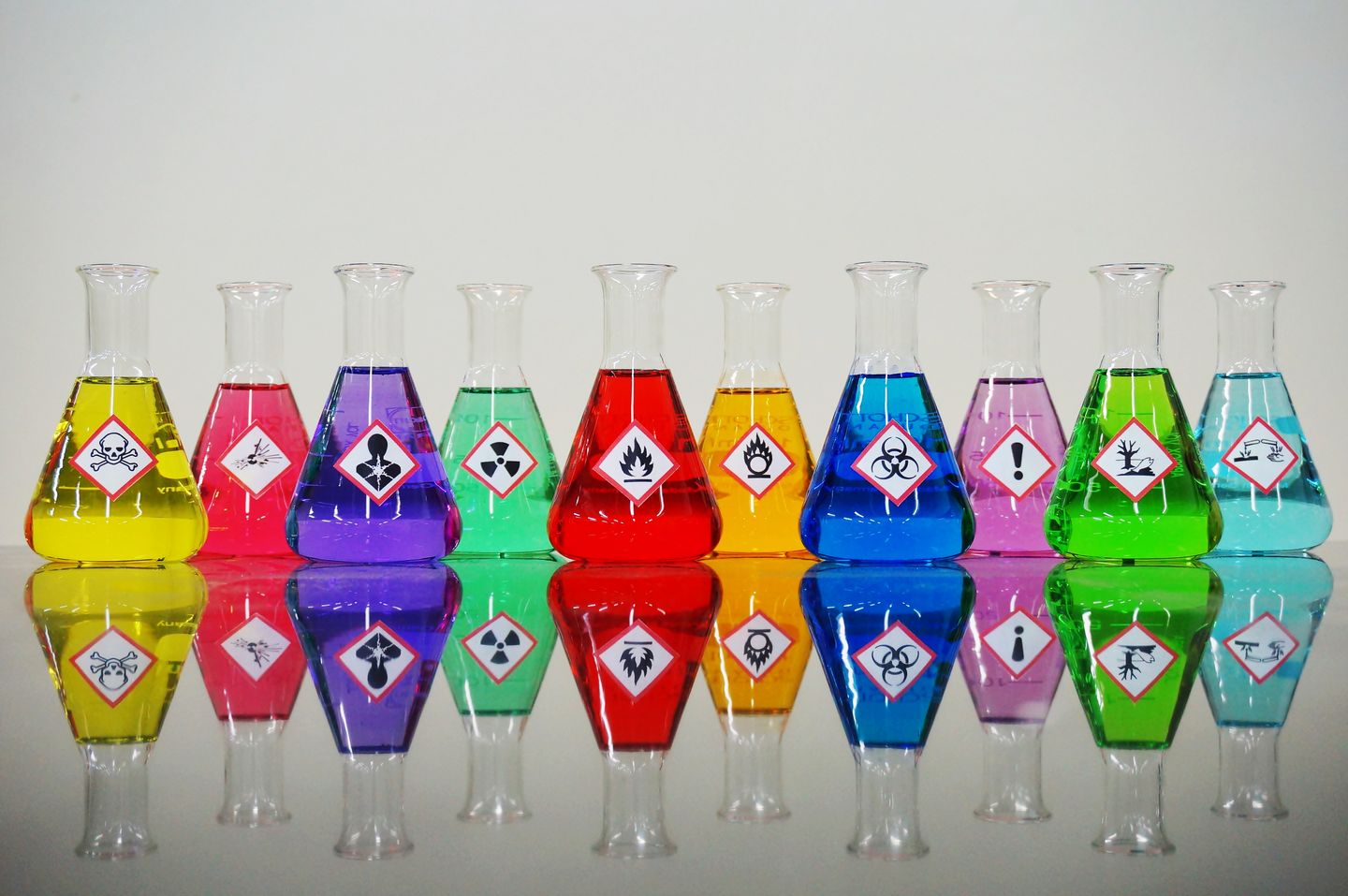

2009 amendments to the regulations regarding transport of lithium batteries
The 2009 editions of RID/ADR/ADN and the ICAO technical instructions make significant changes to the regulations and exemptions regarding the transport of Lithium Batteries and Lithium Batteries contained in or packed with equipment. A summary of the changes is found in this document. A major change affecting all modes is the reclassification of Lithium Batteries into separate UN numbers for Lithium Metal Batteries and Lithium Ion Batteries. A second major change is the new requirement to have an emergency telephone number on certain documents and certain exempted packages containing Lithium Batteries. The changes vary by the differing modes of transport and the guidance will review the requirements for each mode in turn.
This guidance note will answer some of the most frequently asked questions and provides pointers toward the relevant legislation. It does not give an authoritative interpretation of the law, and is not a substitute for reading the legislation itself.
The National Chemical Emergency Centre (NCEC) plays a key role in UK national arrangements for responding to chemical incidents. It provides a 24-hour national advice service to the emergency services when dealing with chemical incidents and is a central part of the Chemical Industries Association (CIA) Chemsafe scheme. In addition to its national role, NCEC offers a number of commercial emergency response services, such as Carechem 24, to assist companies in providing and obtaining chemical emergency response advice and information.
